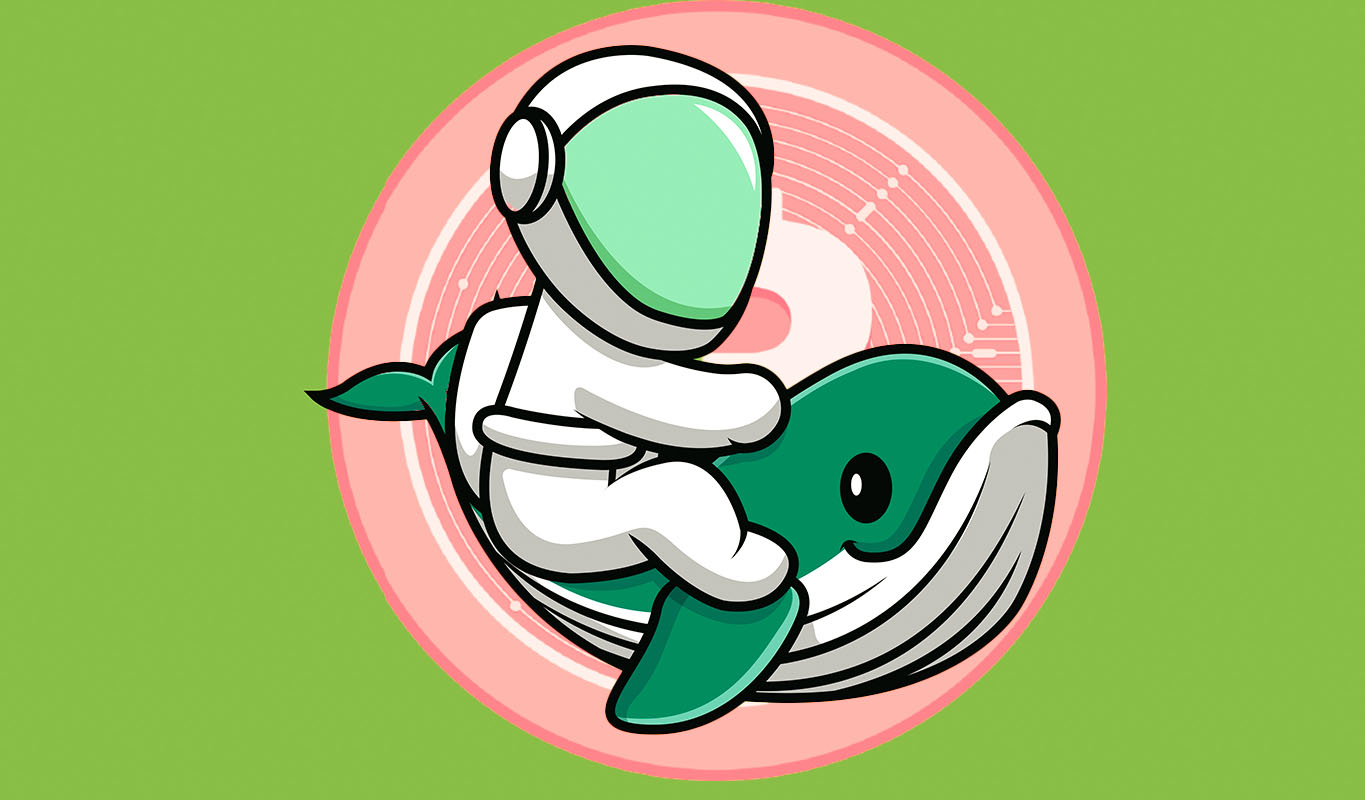The human body is a complex ecosystem, home to trillions of microorganisms collectively known as the gut microbiota. This intricate community of bacteria, fungi, viruses, and other microbes resides primarily in the gastrointestinal tract, playing a pivotal role in digestion, immunity, and even mental health. Once considered a mere byproduct of human biology, the gut microbiota is now recognized as a dynamic and influential partner in maintaining overall well-being. The profound impact of these microorganisms on human health is only beginning to be fully understood, yet their significance cannot be overstated.
The Gut Microbiota: A Vital Ecosystem
The gut microbiota is a diverse and highly adaptable ecosystem, with each individual hosting a unique composition of microbes. This diversity is influenced by a multitude of factors, including genetics, diet, lifestyle, and environmental exposures. A healthy gut microbiota is characterized by a balanced and diverse microbial community, capable of performing a wide range of essential functions.
One of the primary roles of the gut microbiota is to aid in the digestion and fermentation of complex carbohydrates and fibers that the human digestive system cannot break down on its own. Through this process, gut bacteria produce short-chain fatty acids (SCFAs) such as butyrate, acetate, and propionate. These SCFAs serve as a crucial energy source for the cells lining the colon, promote gut barrier integrity, and exert anti-inflammatory effects throughout the body. Research has shown that SCFAs play a significant role in maintaining gut health and preventing chronic diseases.
Beyond digestion, the gut microbiota is also instrumental in the development and regulation of the immune system. Early exposure to a diverse range of microbes helps train the immune system to distinguish between harmful pathogens and beneficial bacteria. This process is essential for preventing autoimmune diseases, allergies, and chronic inflammation. The gut microbiota also produces antimicrobial substances that inhibit the growth of pathogenic bacteria, further protecting the host from infections.
The Gut-Brain Axis: A Two-Way Communication Highway
Emerging research has revealed a fascinating connection between the gut microbiota and the brain, often referred to as the gut-brain axis. This bidirectional communication pathway allows the gut microbiota to influence brain function and behavior through various mechanisms, including the production of neurotransmitters, the modulation of the immune system, and the regulation of the hypothalamic-pituitary-adrenal (HPA) axis, the body’s stress response system.
Gut microbes can produce neurotransmitters such as serotonin, dopamine, and gamma-aminobutyric acid (GABA), which play crucial roles in mood regulation, cognitive function, and behavior. For instance, approximately 90% of the body’s serotonin is produced in the gut, highlighting the gut microbiota’s significant influence on mental health. Disruptions in the gut microbiota have been linked to mood disorders such as anxiety and depression, underscoring the importance of maintaining a healthy gut ecosystem.
Dysbiosis: The Consequences of Gut Imbalance
When the delicate balance of the gut microbiota is disrupted, a condition known as dysbiosis occurs. Dysbiosis can result from various factors, including antibiotic use, poor diet, chronic stress, and infections. The consequences of dysbiosis can be far-reaching, affecting multiple aspects of health.
One of the most significant impacts of dysbiosis is increased intestinal permeability, or “leaky gut.” This condition allows bacteria and their byproducts to enter the bloodstream, triggering an inflammatory response throughout the body. Chronic inflammation has been linked to a wide range of diseases, including inflammatory bowel disease (IBD), arthritis, and cardiovascular disease. Additionally, dysbiosis has been implicated in metabolic disorders such as obesity, type 2 diabetes, and non-alcoholic fatty liver disease (NAFLD), further highlighting the gut microbiota’s role in overall health.
Strategies for Cultivating a Healthy Gut Microbiota
Fortunately, there are several strategies individuals can adopt to promote a healthy gut microbiota and prevent dysbiosis. A diet rich in fruits, vegetables, and whole grains provides ample fiber, which serves as a prebiotic, fueling the growth of beneficial gut bacteria. Different types of fiber promote the growth of different microbial species, so consuming a variety of plant-based foods is essential.
Fermented foods such as yogurt, kefir, sauerkraut, kimchi, and kombucha contain live microorganisms that can help replenish and diversify the gut microbiota. These probiotics can restore balance in the gut, especially after antibiotic use or during periods of stress. Additionally, practicing stress-reducing techniques like meditation, yoga, or spending time in nature can help promote a healthy gut.
The Future of Gut Health: Personalized Approaches and Novel Therapies
The field of gut microbiota research is rapidly evolving, paving the way for personalized approaches to health and novel therapies for various diseases. Advances in metagenomics and other technologies are enabling scientists to analyze the composition of an individual’s gut microbiota and tailor dietary recommendations accordingly. Personalized nutrition plans can help optimize gut health and improve overall well-being.
Fecal microbiota transplantation (FMT) involves transferring fecal material from a healthy donor to a recipient with a dysbiotic gut microbiota. FMT has shown remarkable success in treating recurrent *Clostridium difficile* infection and is being investigated as a potential therapy for other conditions, such as IBD and metabolic disorders. Researchers are also developing probiotic cocktails containing specific strains of bacteria tailored to address specific health conditions, offering a more targeted and effective approach to manipulating the gut microbiota.
Conclusion
The gut microbiota is a dynamic and complex ecosystem that plays a fundamental role in human health and well-being. By understanding the intricate interplay between the gut microbiota and our bodies, we can harness the power of this hidden world to promote health, prevent disease, and enhance our overall quality of life. Cultivating a thriving inner ecosystem is an ongoing journey, requiring mindful attention to diet, lifestyle, and environmental factors. As we continue to unravel the mysteries of the gut microbiota, we unlock new possibilities for personalized medicine and targeted therapies that will revolutionize healthcare in the years to come. The key to a healthier future may very well lie within the intricate folds of our digestive system, in the unseen world of our microbial allies.

